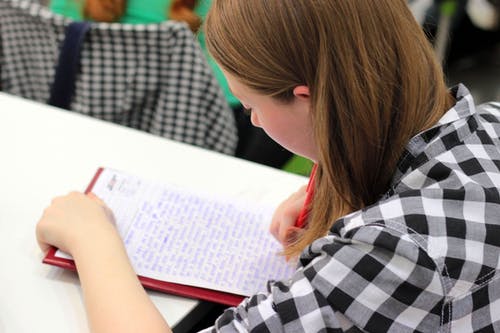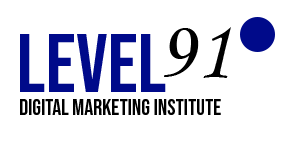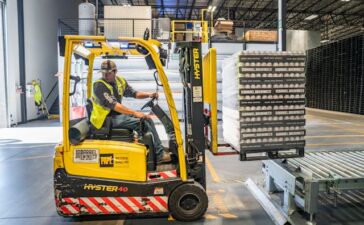When we reflect about what we learned in school, we often consider what was covered in the curriculum. However, there is a hidden curriculum in school, which are the opportunities that are presented to us to learn to navigate society and learn about ourselves. This is where we learn the most profound truths.
If you want your child to engage in standard education, then we recommend that you check out private schools Brisbane. They are very good educators. When children leave traditional education to study in a self-directed environment like at home, they begin to let go of the mental structure that school enforces on them. This is called unschooling and may take weeks, months, or years depending on how long they were in school and how it impacted them. Now that the majority of the world’s children are at home, perhaps we can reflect on some of the myths about education.

The first myth is that classrooms are where learning takes place. School is where you get your education, which is why you attend. When students study, they do it in classrooms. Interval or recess is used to take a break from the learning process, learning does not take place during lunch, while playing football with friends, or while loitering on the playground. Right?
Separating learning from everything else devalues extracurricular activities, and it also fosters the idea that you shouldn’t utilize your spare time to learn. Students may start to think, what’s the purpose of completing homework outside of school? What a waste of spare time. After leaving school, some individuals may take years to shake off that mentality and rediscover their innate curiosity and capacity to learn.
Another myth is that education is given to you. We are taught in school we need to be obedient and listen to our higher wiser professors as they give us nuggets of information. We speak about ‘getting an education as if it were a commodity that can be purchased at a store, and after 13 years of showing up, attending courses, and doing your homework, you’ve earned an ‘education,’ as shown by the marks on your test certificates.

Education is what you do to get the skills and information you need to shape your future. It does not begin in kindergarten and end in university. You are always educating yourself. You are learning whenever you try something new or read something. And learning is an active process, rather than a passive one. If you don’t want to learn anything, even with the finest tutors in the world, you won’t. You are the only one who is accountable for your education.
Another myth is that you need to be completely obedient. This is not how educators or government officials discuss education. They prefer to conceive of education as broadening people’s horizons, preparing them for what’s to come, inspiring a generation etc. However, the structure and everyday experience of school convey a different tale, with punishment taking precedence over learning. Why do we address instructors as Miss and Sir and have them stand up and say “Good morning, Mr. XYZ”? Of course, some of these regulations differ in every school, but they are all present.





